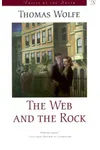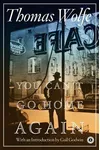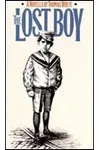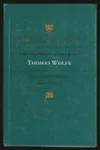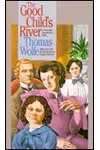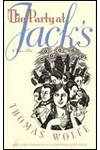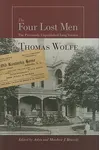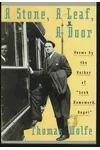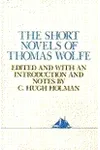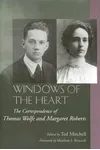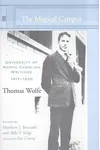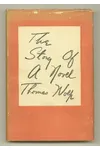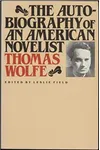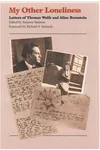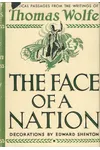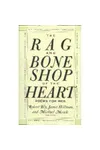Picture a towering figure in American literature, weaving sprawling tales of youth, ambition, and the human spirit—meet Thomas Wolfe! Born in 1900 in Asheville, North Carolina, Wolfe captured the heartbeat of early 20th-century America with his lyrical, autobiographical novels. His masterpiece, Look Homeward, Angel, launched him into the literary stratosphere, earning him a place alongside giants like F. Scott Fitzgerald and Ernest Hemingway.
With a pen as passionate as his personality, Wolfe’s larger-than-life stories and tumultuous relationship with editor Maxwell Perkins have become legendary. Though his life was cut short at 37, his words continue to inspire. Let’s dive into the world of this literary trailblazer!
The Making of Thomas Wolfe
Thomas Clayton Wolfe grew up in a bustling family of eight in Asheville, a vibrant mountain town that would later inspire the settings of his novels. His mother’s boardinghouse and his father’s stone-carving business shaped his keen eye for detail and human drama. A prodigy, Wolfe entered the University of North Carolina at 15, honing his craft through plays and essays before heading to Harvard for a master’s in playwriting. Though his plays never took off, his shift to fiction in the 1920s set the stage for greatness.
Influenced by poets like Walt Whitman and novelists like James Joyce, Wolfe poured his soul into prose that was both intensely personal and universally resonant. His hunger for experience—traveling through Europe and scribbling feverishly—fueled his unique voice, blending raw emotion with vivid imagery.
Thomas Wolfe’s Unforgettable Stories
Wolfe’s debut, Look Homeward, Angel (1929), is a semi-autobiographical epic following Eugene Gant, a young man navigating family, love, and ambition in a fictionalized Asheville. Its lush prose and unflinching honesty stunned readers, though its raw portrayal of his hometown sparked local controversy. The novel’s success cemented Wolfe as a literary star.
His follow-up, Of Time and the River (1935), continued Eugene’s journey, exploring themes of time, identity, and the American dream. Critics praised its ambition but noted its sprawling nature—thanks to Wolfe’s habit of submitting manuscripts that could fill entire suitcases. His editor, Maxwell Perkins, played a crucial role, trimming thousands of pages into cohesive works. Posthumously published novels like The Web and the Rock (1939) and You Can’t Go Home Again (1940) further showcased his introspective style, blending fiction with reflections on fame and society.
Wolfe’s writing is a whirlwind of poetic rhythms and vivid characters, often drawn from his own life. His themes—youth, loss, and the search for meaning—resonate across generations, making his novels timeless classics of American literature.
Why Thomas Wolfe Matters
Wolfe’s impact transcends his brief career. His fearless exploration of the self paved the way for later autobiographical novelists like Jack Kerouac and Norman Mailer. His vivid depictions of American life captured an era’s spirit, influencing the Southern literary tradition and beyond. Despite his early death from tuberculosis in 1938, Wolfe’s posthumous works, meticulously shaped by Perkins and others, ensured his voice endured.
Today, Wolfe’s novels remain a touchstone for readers seeking raw, emotional storytelling. His Asheville home, now a historic site, draws fans eager to walk in his footsteps. His legacy is a testament to the power of words to immortalize a life passionately lived.
About Thomas Wolfe
- Born: October 3, 1900, Asheville, North Carolina
- Died: September 15, 1938
- Key Works: Look Homeward, Angel, Of Time and the River, You Can’t Go Home Again
- Notable: His manuscripts were so massive, they often arrived in crates!
Ready to lose yourself in Wolfe’s world? Grab Look Homeward, Angel and dive into his lyrical, soul-stirring prose!


